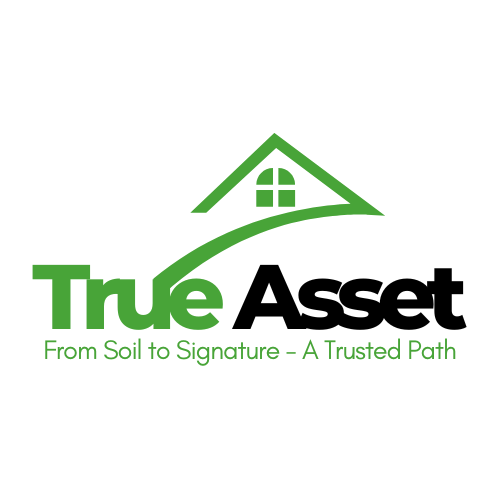Necessary documentation to buy or sell a property in Chennai
To buy or sell a property in a fast-growing city like Chennai sounds tempting. Both local and overseas buyers must be aware of the requirements necessary for the buying or selling process. The paperwork can sometimes turn what seems simple into something complicated, but with the right guidance you can save yourself a lot of time. Our local real estate experts in Chennai can advise you through every step of the procedure.
Necessary documentation for buying a property in Chennai
In order to be successful in buying a house in Mallorca, you must comply with certain requirements. There are three fundamental aspects that make up the required documentation. First and foremost is the National Identity Document (known as D.N.I.), for residents, or the Foreign Identity Number (known as N.I.E.), which is for non-native residents; a Power of Attorney if the buyer cannot be present to sign and the opening of a bank account with a Spanish bank. The latter two aspects apply to both native and foreign buyers.
In regard to the notary or the deeds, there are no major differences between local residents and foreigners. For this purpose, the buyer should present duplicate copies of the deeds, the land registration with the registration costs, the proportional part of the Real Estate Tax, the VAT on the total cost of the purchase of the property in the case of a new build, the Stamp Duty if it is a new build, the Inheritance Tax and the mortgage costs, if applicable. If the buyer is non-native, there will be a retention of 3% of the total cost of the sale and it must be registered in the Tax Office with a 046 Model Form.
Necessary documentation for selling a property in Chennai
If you wish to sell a property in Chennai, you should be aware of the key requirements involved in completing the process smoothly. A valid Aadhaar Card, PAN Card, and proof of residence are necessary for Indian residents, while Passport and Overseas Citizen of India (OCI) documents may be required for non-resident Indians (NRIs). If the seller cannot be present to sign, a Power of Attorney (PoA), duly registered, is essential.
Other important documents include the Updated Encumbrance Certificate (EC) from the Sub-Registrar Office, the Sale Deed/Title Deed, Patta and Chitta/Adangal records, Approved Building Plan, and the Completion Certificate/Occupancy Certificate (for new constructions). Utility details like water, electricity, and sewage connection receipts may also be required.
Before registration at the Sub-Registrar Office, the following must be settled: capital gains tax (if applicable), property tax, and any dues towards maintenance or society charges. In the case of NRIs selling property, Tax Deducted at Source (TDS) at 20% on long-term capital gains or 30% on short-term capital gains will apply, which must be deposited with the Income Tax Department.
True Asset can help you with the buying/selling process of a property in Chennai.
“In order to successfully buy or sell a property in Chennai, it is important to have all the required documents in place. An experienced real estate consultant with expertise in the Chennai property market can guide you through each step, ensuring a transparent and hassle-free transaction.”
Buyer – Required Documents
- ✔ Sale Deed / Mother Deed
- ✔ Encumbrance Certificate (EC)
- ✔ Patta & Chitta / Adangal
- ✔ Latest Property Tax Receipts
- ✔ Approved Building Plan
- ✔ Completion Certificate (for constructed property)
- ✔ Occupancy Certificate (OC)
- ✔ Khata Certificate & Extract
- ✔ No Objection Certificates (if applicable)
- ✔ Bank Release Letter (if loan is cleared)
Seller – Required Documents
- ✔ Original Sale Deed / Mother Deed
- ✔ Encumbrance Certificate (EC)
- ✔ Patta & Chitta / Adangal
- ✔ Property Tax Receipts (latest)
- ✔ Khata Certificate & Extract
- ✔ Approved Layout / Building Plan
- ✔ Occupancy Certificate (OC)
- ✔ Electricity, Water & Gas Bills (latest)
- ✔ Society / Association No Objection Certificate (if applicable)
- ✔ Loan Clearance Certificate / Bank NOC (if property had a loan)
